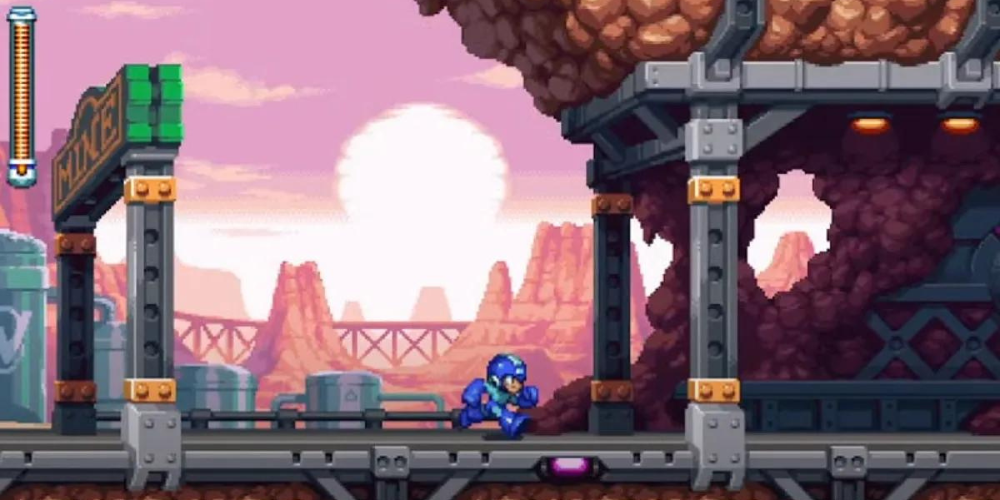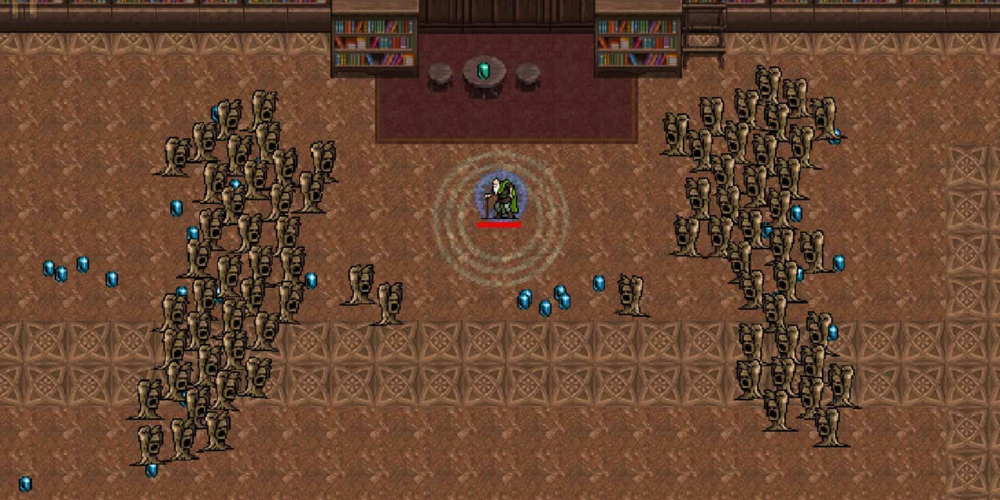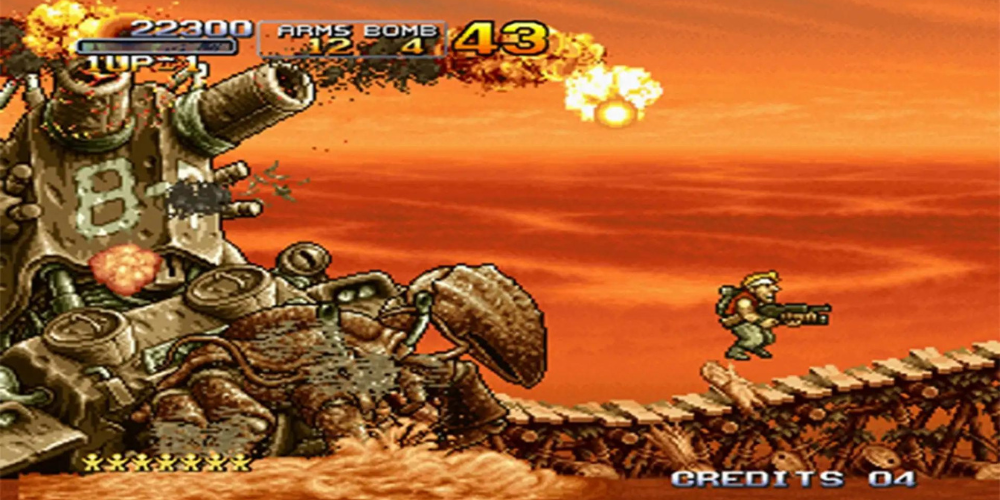The Revival of Tradition: The Growing Influence of Retro Gaming in Modern Game Development
- May 03, 2024
- 1421

Retro games refer to older-generation video games, usually those from the 1980s and 1990s - though this can span further back. They are characterized by simple gameplay mechanics, pixelated graphics, and a focus on user input rather than high-definition visuals or complex scripts. These games include popular titles such as Pac-Man, Super Mario Bros., Mega Man, and The Legend of Zelda.
The Nostalgia Factor
One key factor behind the resurgence of retro gaming is nostalgia. People have an innate tendency to remember past events more fondly as time goes on, often associating them with simpler times. For many gamers who were children or teens during the 80s and early 90s, playing these old-school games conjures up feelings of nostalgia that newer video game generations can't provide. They harken back to when gaming was more about fun than graphics or realistic physics.
Abstinence from Advanced Technology

The second factor driving the revival of retro gaming is a desire for simplicity that modern games often neglect in favor of advanced technology. This is not meant as criticism towards present-day game developers; however, it underscores a dedicated group's longing for clean-cut mechanics and storylines reminiscent of earlier gaming generations. The proliferation of mobile gaming applications supporting retro-style platforms testifies to this ongoing trend.
Artistic Appreciation
Lastly, appreciation for pixel art has aided the favoritism shown towards retro games among players and developers alike. There is an undeniable charm in beautiful yet simplified retro graphics, which have helped lay the foundation for many modern aesthetics in gaming today. Many contemporary indie games have gained public acclaim by tapping into simple pixel art styles to represent their characters and environments.
Retro Inspires the New

Modern game development is undeniably influenced by retro gaming. A resurgence in 8-bit and 16-bit graphics can be seen in many indie-developed games, with game studios often citing them as significant inspirations for their design choices. Beyond visuals, many contemporary games also echo their retro ancestors in gameplay mechanics and sound design, demonstrating that developers are actively embracing the past to shape the future of gaming.
Embracing The Past To Forge Ahead
In conclusion, retro games are once again coming to the forefront of the global gaming scene. Saddled with nostalgia, a longing for simpler times, and an appreciation for pixel-art aesthetics, these yesteryear classics have substantially impacted contemporary game development. This serves as a testament to reminding us that even as technology propels gaming into new frontiers, there will always be space reserved for reflecting and revering our past. By doing so, it aids in etching out what could potentially await us in the future.